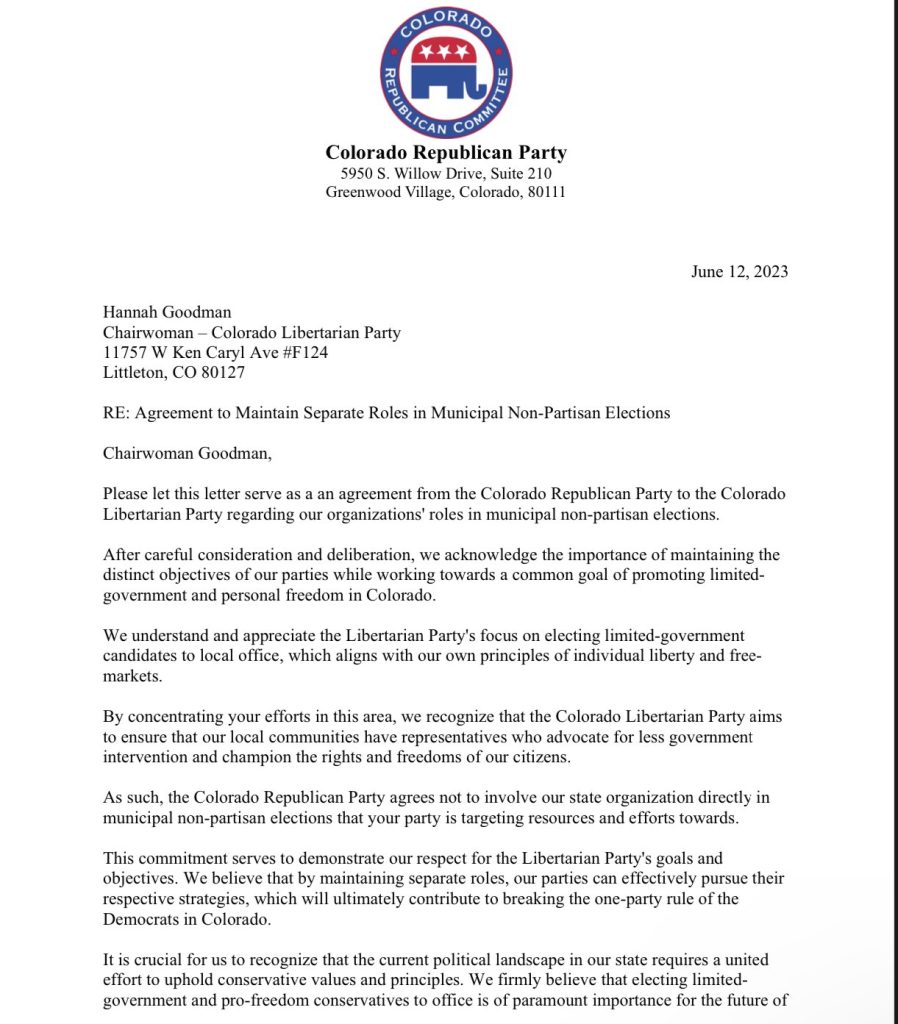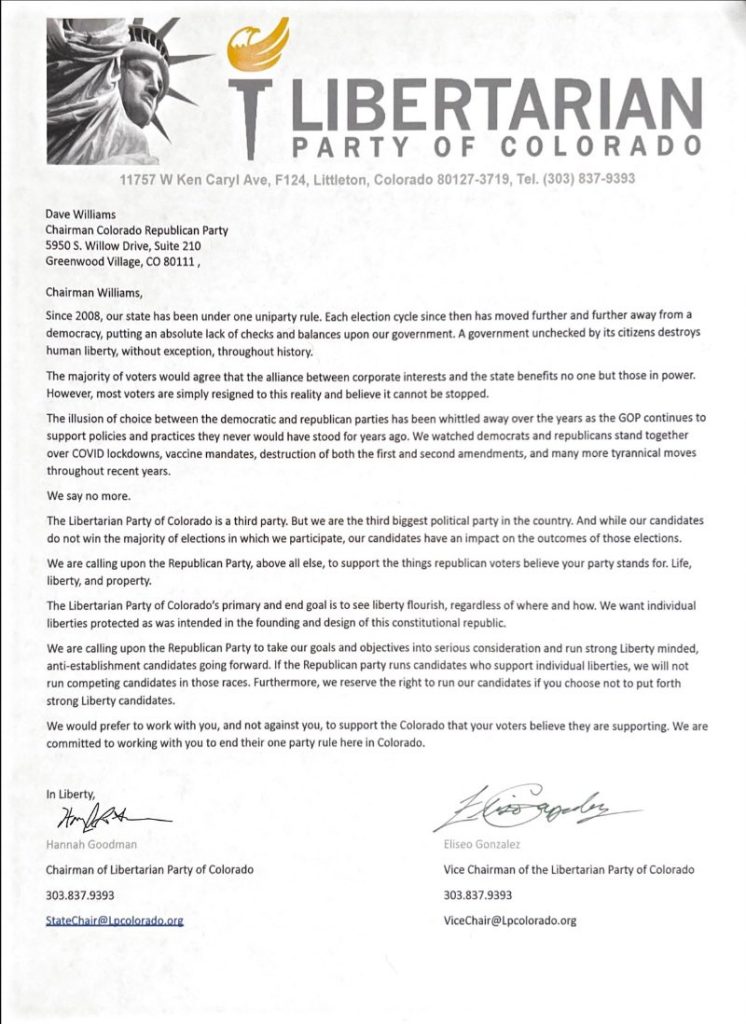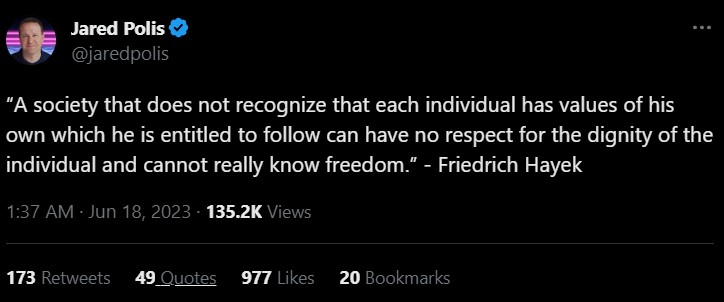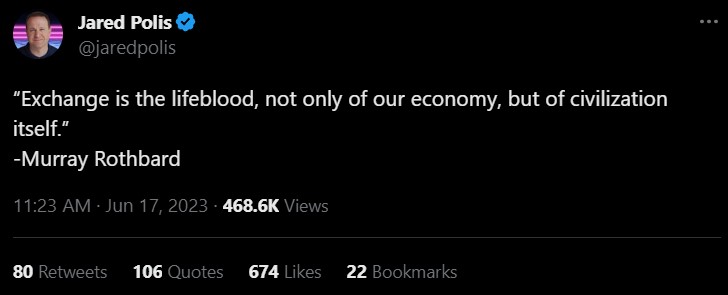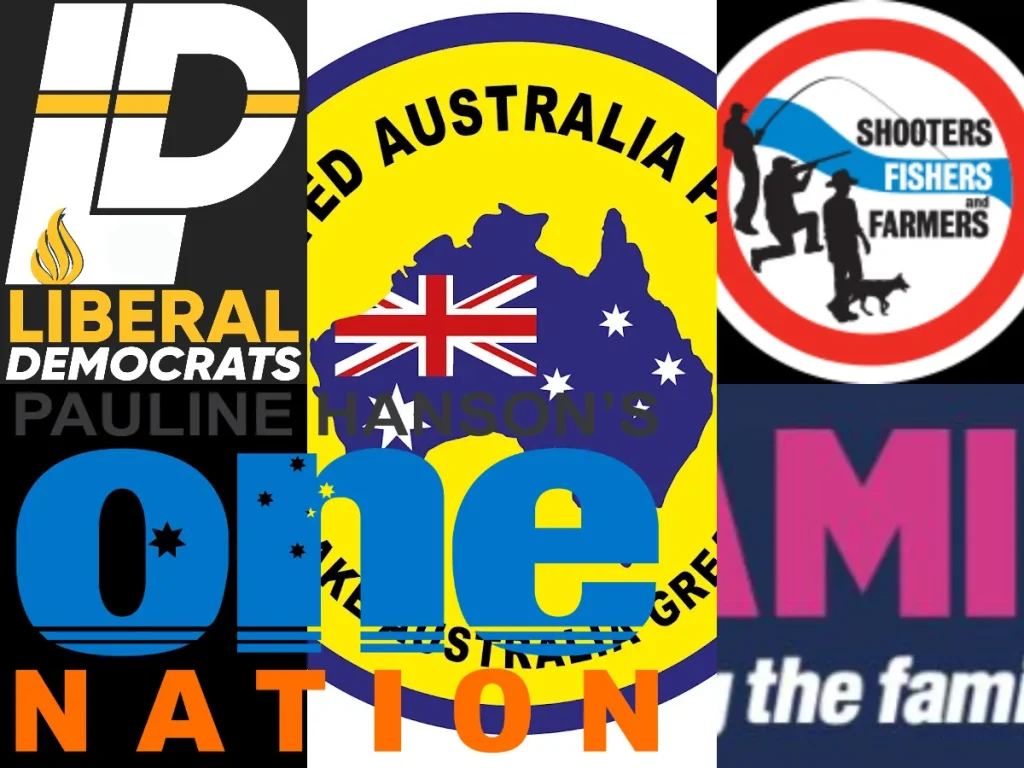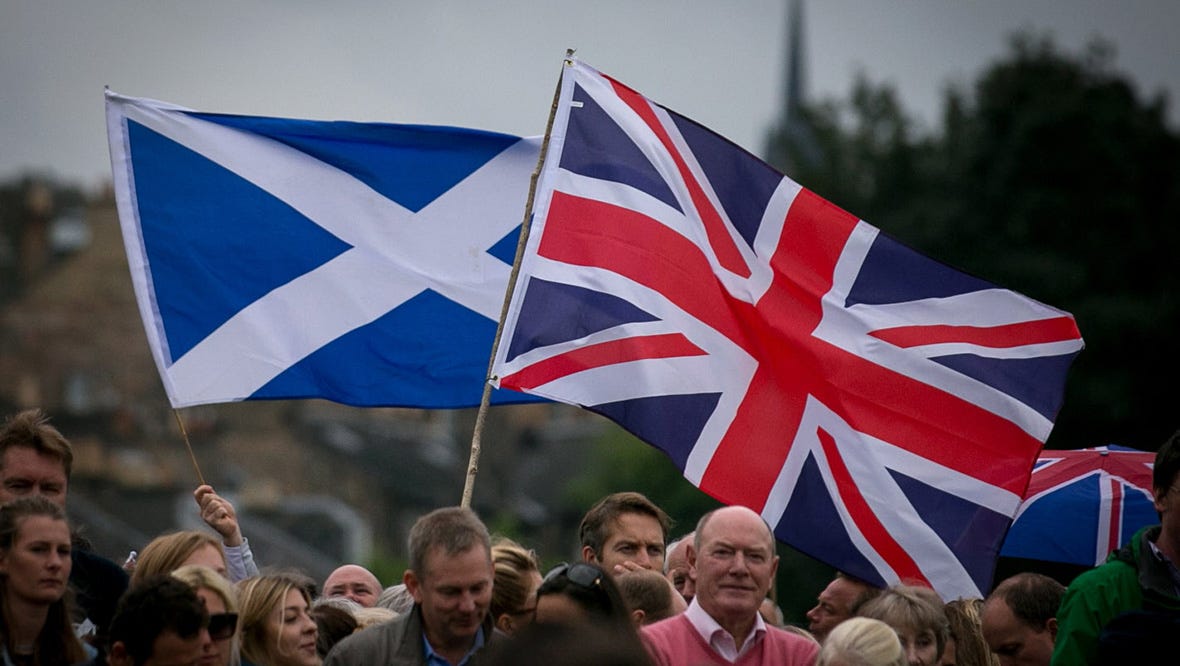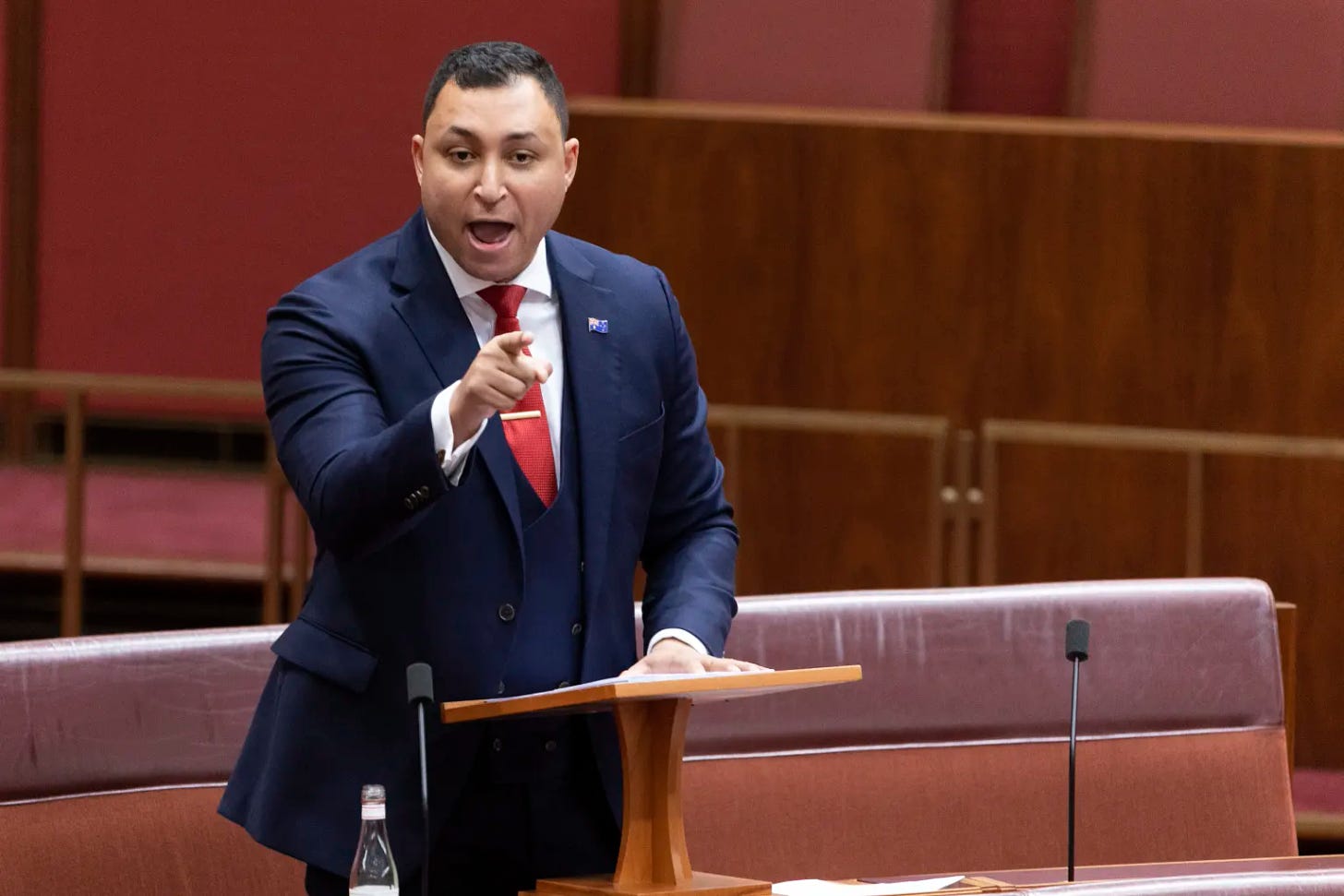Trial The Voice At The ALP National Conference
Here’s a great idea. The Albanese government could trial the ‘Voice to Parliament’ by enlisting Aboriginal representatives to attend the national ALP Conference commencing in Brisbane on 17 August. The Prime Minister already has a posse ready to go, the members of his referendum working group, most of whom would be very familiar with ALP National conferences. Indeed, I observed a young Marcia Langton at the 1982 conference in Canberra having a very robust debate with delegates.
The Aboriginal delegates could have a right to advise on all motions of concern put to the conference. This may extend the conference by several weeks, but it would be an excellent opportunity for Labor to demonstrate how the Voice would work should Australia vote yes in the forthcoming referendum.
With the Conference dominated by left delegates, they would be falling over themselves to agree with whatever proposals the Aboriginal delegates would put to the floor. After day one, the Aboriginal delegates, emboldened, would put increasingly contentious proposals to the conference – what fun.
The 49th Australian Labor Party National Conference is the first National Conference in Queensland since the 1970s. Labor was then in the grips of the ‘old guard’, union officials in brown cardigans, intent on controlling all conversations, to the extent there were any. It was a dark and antidemocratic time for Labor.

Much of the party’s electoral and policy history since has been far more open and enlivened, which is good. Its recent obsession with identity politics which will see it destroy its otherwise firm grip on reality, is bad.
This is most evident in Aboriginal policy.
The 2023 draft platform contains the oft repeated statement by the Prime Minister, “Labor supports the implementation of the Uluru Statement from the Heart in full, beginning with enshrining an Aboriginal and Torres Strait Islander Voice in the Australian Constitution.“
To nail the lid on the coffin, the draft platform also reads, “Labor supports all elements of the Uluru Statement from the Heart, including a constitutionally enshrined Voice to Parliament, a Makarrata Commission for agreement-making and a national process of truth-telling. Labor will take steps to implement all three elements of the Uluru Statement from the Heart in this term of government.”
But there is more. Labor commits to “a standalone piece of cultural heritage legislation.” Having leaned on the West Australian Labor government to withdraw its cultural heritage legislation, at least for the course of the referendum campaign, Federal Labor has vowed to step in to fill the gap. West Australian voters’ anger at the heritage legislation will become Australia’s anger. This is not a smart move. It is the opposite of Bob Hawke’s retreat from national land rights legislation under pressure from West Australian Premier Brian Burke in the 1980s. This time Federal Labor wants to double down on the foolishness.
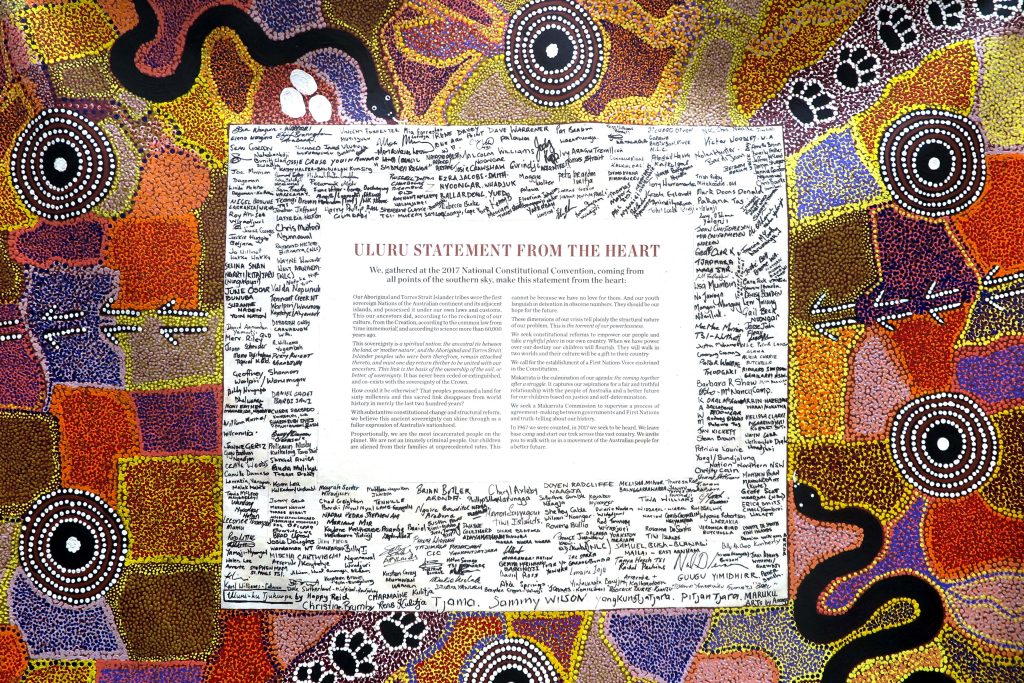
A further disquieting step is “co-design” of “legislative reform, policy transformation, administrative improvement and governance”. It should be clear by now that the last 25 years in Aboriginal affairs has been an exercise in co-design. That is why there is a gap that needs closing. Aboriginal ownership and voice has ensured the livelihoods of university graduates of Aboriginal descent. It has locked poorly educated, non-integrated, Aborigines out of the market economy and the open society.
For example, Labor believes that “First Nations people have a right to live on their traditional lands“. Labor also believes that it is crucial that “remote communities have essential services and are empowered to participate in the design and provision of those services as genuine partners”. All very well, but who pays for this ‘right’?
Labor also asserts that “Strong cultural identity is essential to the health, social and emotional well-being of First Nations people.” Sorry, the evidence does not exist. Aboriginal-controlled services assert such things, they never prove it.
On one point we can agree. Labor believes what constitutes an ‘indigenous business’ should be re-defined to protect against ‘black cladding’ and ensure meaningful employment for workers. Who is game to ask who is an Aborigine?
I would be proud of the Labor party if they announced at the conference, ‘No race based policies by 2030’. Delegates of any background could have their vote and voice. Such egalitarian claims used to be the stuff of the old Labor party. Alas, it is no longer.
Gary Johns is the author of The Burden of Culture (Quadrant books) and a former Minister in the Keating government.








